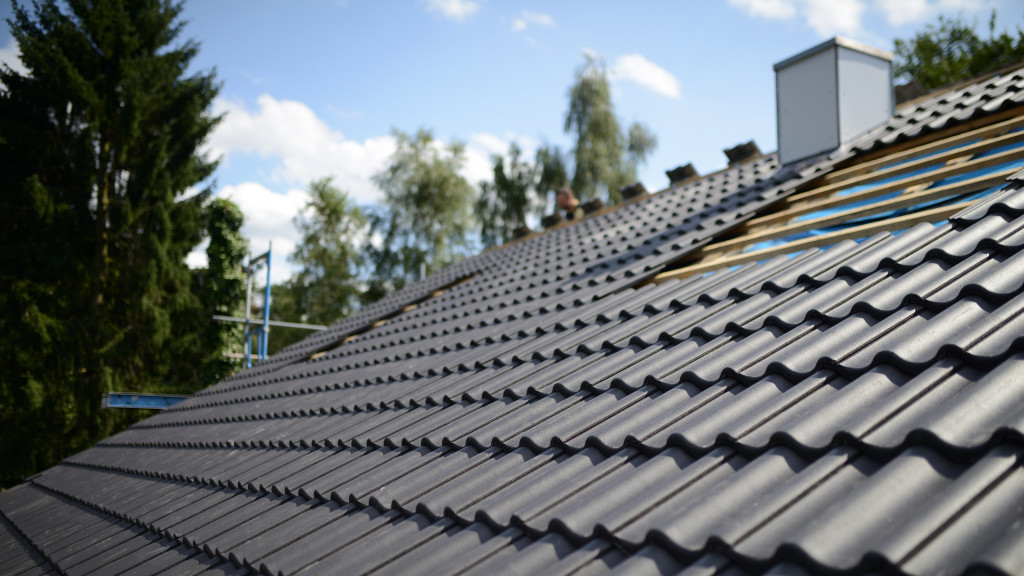Home maintenance is an essential part of owning a home. By keeping your home clean and your systems and appliances running smoothly, you can extend the life of your home and get the most out of your home warranty. While it may seem like another item on your to-do list, regular home maintenance is worth your time.
Maintaining a home is no easy task. It takes time, effort, and money to keep everything in order. But by following some simple tips, you can make the process much easier on yourself. This article will provide a few tips for proper home maintenance.
Clean your home regularly to prevent the build-up of dust and dirt.
Cleaning the home regularly is essential to good housekeeping. It removes germs and improves indoor air quality. It makes the air inside the home clean and fresh. You should pay special attention to the bathroom and kitchen. These places are among the dirtiest areas in the house.
Here are some tips for proper home maintenance:
- Dust all surfaces regularly, using a damp cloth to avoid spreading dust around.
- Vacuum floors and carpets regularly, paying particular attention to corners and areas where dust accumulates.
- Mop hard floors weekly with a disinfectant solution.
- Clean bathroom surfaces regularly with a disinfectant cleaner, paying special attention to the toilet bowl, sink, and shower.
- Wipe down kitchen surfaces daily, including the stovetop, countertops, backsplash, and appliances.
- Sweep porches and sidewalks daily to prevent dirt and debris from tracking into the house.
Additionally, a clean home can also help reduce stress and anxiety levels. The physical activity associated with cleaning the house can help to release endorphins, which have mood-boosting effects. The feeling of accomplishment that comes with a clean home can also help improve self-esteem and reduce anxiety.
Inspect your roof for leaks and damage, and repair as necessary.
Inspecting the roof is essential to maintaining the structural integrity of your home. Check for missing, cracked, or curling shingles, damaged flashing, and other signs of wear and tear. If you find any damage, have it repaired as soon as possible to prevent further deterioration.
A roof inspection also allows inspectors to evaluate the roof’s remaining life. The average lifespan of a shingle roof is 15 to 50 years, depending on the type of shingles. The climate can also affect the lifespan of the roof. If your roof is nearing the end of its life, you may want to consider having it replaced before major problems arise.
Aside from the roof, you should regularly check the gutters and downspouts. Clogged gutters can lead to water damage, so keeping them clean is essential. Use a garden hose to flush out leaves and debris and inspect the gutters and downspouts for any signs of damage.

Check all electrical appliances and devices in the home.
It’s essential to routinely check all of your home’s electrical appliances and devices. Faulty appliances can cause fires or electric shocks, so it’s crucial to identify potential problems as soon as possible. Some tips for checking your appliances include:
- Checking the plugs and cords for damage or fraying
- Inspecting the plug itself for any signs of overheating
- Checking the wiring inside the appliance for any signs of wear or corrosion
- Testing the appliance by turning it on to make sure it’s working properly
- Replacing any worn or damaged parts immediately
In addition to checking your appliances, it’s also essential to check the electrical outlets in your home. Look for signs of wear and tear, such as cracks or loose connections. If you notice any damage, have an electrician come out and repair the outlet before using it again.
You can also work with a reputable company that offers a reliable electrical inspection report. The report allows you to protect your appliances from potential power surges since it points out potential areas in the system that needs improvement. It also catches any wiring faults that can cause electrical mishaps resulting in electrical shocks.
Check your smoke detectors and carbon monoxide detectors monthly.
Smoke detectors and carbon monoxide detectors are important for safety in your home. They should be checked monthly to make sure they are working properly. They could put your family at risk if they are not working properly. You should replace smoke detectors every ten years. Carbon But replacing monoxide detectors is necessary every five years.
While the two devices are similar, it’s important to know their differences. A smoke alarm is designed to detect visible fire particles. In contrast, a carbon monoxide alarm is designed to detect an invisible, odourless gas called carbon monoxide.
Having both devices in your home is crucial because they serve different purposes. A smoke alarm will tell you if there is a fire, while a carbon monoxide detector will let you know if there is a carbon monoxide gas build-up.
Maintaining your home is vital for both safety and financial reasons. Taking these steps can help keep your family safe and your home in good condition.
